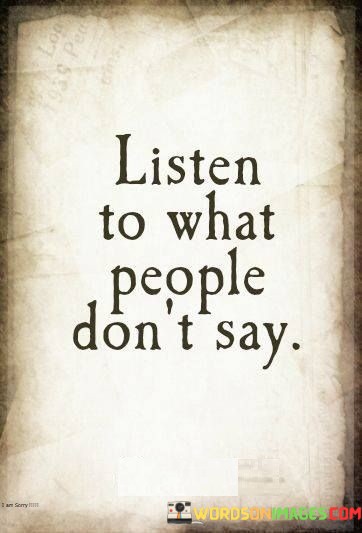-
Explore
DiscoveryCategories
- All
- Adventure Quotes
- Art Quotes
- Attitude Quotes
- Be Yourself Quotes
- Beach Quotes
- Broken Heart Quotes
- Buddha Quotes
- Business Quotes
- Cool Quotes
- Courage Quotes
- Crush Quotes
- Cute Quotes
- Dance Quotes
- Dark Quotes
- Deep Quotes
- Depression Quotes
- Dream Quotes
- Education Quotes
- Eyes Quotes
- Failure Quotes
- Fake Love Quotes
- Fake people Quotes
- Fall Quotes
- Family Quotes
- Famous Days Quotes
- Famous People Quotes
- Feeling Alone Quotes
- Food Quotes
- Freedom-Quotes
- Friday Quotes
- Friendship Quotes
- Funny Quotes
- Good Morning Blessings
- Good Morning Quotes
- Happiness Quotes
- Hate Quotes
- Health Quotes
- Heart Quotes
- Hope Quotes
- Inspirational Quotes
- Jealousy-Quotes
- Journey Quotes
- Kindness Quotes
- Knowledge Quotes
- Leadership Quotes
- Learning Quotes
- Life Lesson Quotes
- Life Quotes
- Long Distance Relationship Quote
- Love Quotes
- Men Quotes
- Mindset Quotes
- Money Quotes
- Moon Quotes
- Motivational Quotes
- Moving On Quotes
- Music Quotes
- Nature Quotes
- Ocean Quotes
- Pain Quotes
- Photography Quotes
- Positive Quotes
- Rain Quotes
- Rainbow Quotes
- Relationship Quotes
- Religious Quotes
- Sad Love Quotes
- Sad Quotes
- Sassy Quotes
- Savage Quotes
- Self Love Quotes
- Short Quotes
- Silence Quotes
- Sky Quotes
- Smile Quotes
- Sports Quotes
- Success Quotes
- Summer Quotes
- Sun Quotes
- Sunrise Quotes
- Sunset Quotes
- Thankful Quotes
- Time Quotes
- Travel Quotes
- Wednesday Quotes
- Weekend Quotes
- Wisdom Quotes
- Wise Quotes
- Women Quotes
- Random
- Search
-
Advanced search


